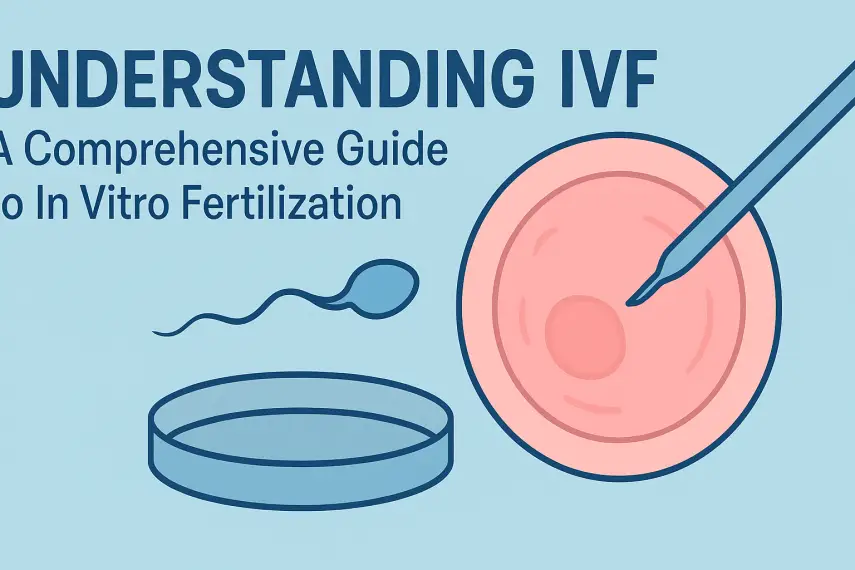
Getting Ready for Pregnancy: Symptoms, Preparation, and Practical Tips
📑 Contents
Getting Ready for Pregnancy: Symptoms, Preparation, and Practical Tips
Preparing for pregnancy is an exciting and sometimes overwhelming journey. Whether you’re actively trying to conceive or just starting to plan, understanding early pregnancy symptoms, making healthy lifestyle changes, and getting organized can make a big difference. This comprehensive guide covers everything you need to know about getting ready for pregnancy, from recognizing early signs to building a supportive environment for your future family.
Recognizing Early Pregnancy Symptoms

One of the first steps in getting ready for pregnancy is knowing what early symptoms to look out for. While every woman’s experience is unique, some common symptoms can indicate pregnancy even before a missed period.
Common Early Pregnancy Symptoms
- Missed Period: Often the earliest and most obvious sign.
- Fatigue: Increased tiredness due to hormonal changes.
- Breast Changes: Tender, swollen, or sore breasts.
- Nausea or Morning Sickness: Can occur any time of day, not just the morning.
- Frequent Urination: Hormones cause increased blood flow to the kidneys.
- Food Aversions or Cravings: Sudden changes in tastes and smells.
- Mood Swings: Emotional ups and downs are common.
- Light Spotting: Implantation bleeding may occur.
If you suspect you might be pregnant, taking a home pregnancy test and scheduling an appointment with your healthcare provider is the best next step.
Preparing Your Body for Pregnancy

Optimizing your health before conception increases your chances of a healthy pregnancy and baby. Here are key steps to prepare your body:
1. Schedule a Preconception Checkup
A visit to your healthcare provider can identify any health issues and ensure you’re up to date on necessary vaccinations. Discuss your medical history, current medications, and any concerns about fertility.
2. Take Prenatal Vitamins
Start taking a daily prenatal vitamin with at least 400 micrograms of folic acid. Folic acid helps prevent neural tube defects and supports early fetal development.
3. Maintain a Healthy Weight
Being underweight or overweight can affect fertility and pregnancy outcomes. Aim for a balanced diet and regular exercise to reach a healthy BMI.
4. Avoid Harmful Substances
- Quit smoking and avoid secondhand smoke.
- Limit alcohol and avoid recreational drugs.
- Reduce caffeine intake to less than 200 mg per day (about one 12-ounce cup of coffee).
5. Manage Chronic Conditions
If you have diabetes, hypertension, thyroid disorders, or other chronic conditions, work with your healthcare provider to get them under control before pregnancy.
Preparing Your Mind and Emotions

Pregnancy brings emotional changes and challenges. Taking care of your mental health is just as important as physical preparation.
Reduce Stress
Practice mindfulness, yoga, deep breathing, or meditation. Reducing stress can improve your overall well-being and may positively affect fertility.
Communicate with Your Partner
Discuss your hopes, concerns, and expectations about pregnancy, parenting, and lifestyle changes. Building a strong, communicative relationship can help you face challenges together.
Seek Support
Consider joining a support group or talking to friends and family members who have experienced pregnancy. Professional counseling can also be beneficial, especially if you have a history of anxiety or depression.
Creating a Supportive Environment
Your environment plays a crucial role in supporting a healthy pregnancy. Making small changes at home and work can help reduce risks and promote wellness.
Home Safety Checklist
| Task | Why It Matters |
|---|---|
| Remove toxic cleaning products | Reduces exposure to harmful chemicals |
| Check for mold and allergens | Improves air quality and reduces respiratory issues |
| Install carbon monoxide and smoke detectors | Enhances safety for you and your future baby |
| Organize and declutter | Reduces stress and creates space for baby items |
| Set up a comfortable sleep environment | Supports better rest during pregnancy |
Workplace Considerations
- Understand your employer’s maternity leave and benefits policy.
- Assess your work environment for potential hazards.
- Plan for adjustments as your pregnancy progresses.
Healthy Habits for Conception and Pregnancy
Establishing healthy habits before pregnancy can set the foundation for a smooth journey. Here are the most important routines to develop:
Eat a Balanced Diet
- Include a variety of fruits, vegetables, whole grains, lean proteins, and healthy fats.
- Limit processed foods, added sugars, and excess salt.
- Stay hydrated by drinking plenty of water.
Exercise Regularly
Aim for at least 150 minutes of moderate exercise per week, such as brisk walking, swimming, or prenatal yoga. Exercise improves fertility, reduces stress, and prepares your body for the demands of pregnancy and childbirth.
Track Your Cycle
Understanding your menstrual cycle helps identify your most fertile days. You can use apps, basal body temperature tracking, or ovulation predictor kits to pinpoint ovulation.
Get Enough Sleep
Aim for 7–9 hours of sleep per night. Good sleep supports hormone regulation and overall health.
When to Seek Medical Advice
Not everyone conceives right away, and some may face challenges. It’s important to know when to seek help:
- If you’re under 35 and haven’t conceived after one year of regular, unprotected sex.
- If you’re over 35 and haven’t conceived after six months.
- If you have irregular periods, known fertility issues, or a history of miscarriage.
- If you or your partner have chronic medical conditions that could impact fertility.
Early intervention can improve outcomes. Fertility specialists can offer testing, guidance, and treatment options tailored to your needs.
Checklist: Getting Ready for Pregnancy
| Preparation Step | Status |
|---|---|
| Schedule a preconception checkup | ☐ |
| Start prenatal vitamins with folic acid | ☐ |
| Update immunizations | ☐ |
| Assess and modify diet and exercise habits | ☐ |
| Quit smoking, limit alcohol, reduce caffeine | ☐ |
| Track menstrual cycle | ☐ |
| Discuss plans with your partner | ☐ |
| Review workplace and home safety | ☐ |
Frequently Asked Questions (FAQs)
How soon can I experience pregnancy symptoms after conception?
Some women notice symptoms as early as one to two weeks after conception, but many experience them closer to the time of a missed period. Common early signs include fatigue, breast tenderness, and mild cramping.
Do I need to see a doctor before trying to get pregnant?
Yes, a preconception checkup is recommended to review your medical history, update vaccinations, and address any health issues that could affect pregnancy.
What lifestyle changes should I make before pregnancy?
Quit smoking, limit alcohol, reduce caffeine, eat a balanced diet, exercise regularly, and begin prenatal vitamins with folic acid. Address chronic health conditions with your doctor.
How can I improve my chances of conceiving?
Track your menstrual cycle to identify fertile days, have regular unprotected intercourse during this window, maintain a healthy weight, and manage stress. Seek medical advice if you have concerns about fertility.











